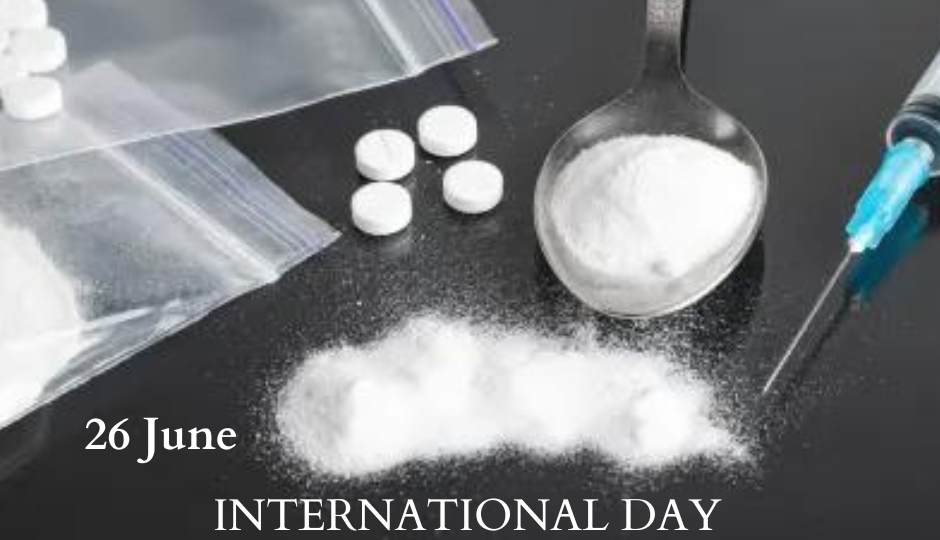
Substance use, substance use disorders and the illicit drug trafficking are an issue for the health and safety of communities around the world, having a greater impact among youth and other vulnerable groups.
Faced with an imperative need for highlighting this issue, the General Assembly at the United Nations, in December 1987 designated 26th June to be commemorated the International Day against Drug Use and Illicit Trafficking. This resolution also recommends further action to be undertaken regarding the report and conclusions of the 1987 International Conference on Drug Abuse and Illicit Trafficking. This Convention and the other major international drug control treaties go beyond the fight against drug trafficking as they protect vulnerable people through a wide range of activities to which States parties commit themselves, including education and prevention of drug use, treatment, rehabilitation, and social support for people with drug use disorders. Thus, June 26 is a date commemorated worldwide to raise awareness and emphasize not only the risk of illegal drug trafficking but also the risk of drug use disorders.
In line with the EU Drugs Strategy 2021-2025, and the Joint Communication on “The EU and Central Asia: New Opportunities for a Stronger Partnership”, CADAP 7 reflects the continuity of the EU long-term engagement with the governments of Kazakhstan, Kyrgyzstan, Tajikistan, Turkmenistan and Uzbekistan to help further strengthen their drug demand reduction national plans and continue cooperating in the development of integrated and balanced drug policies.
The whole approach and principles of the EU Drugs Strategy 2021-2025 are clearly reflected in the design of the programme: respect for human dignity, liberty, democracy, equality, solidarity, the rule of law and human rights. CADAP 7 is also based on the relevant UN Conventions which provide the international legal framework for addressing the drugs problem, the Universal Declaration on Human Rights and the UN 2030 Agenda for Sustainable Development.
Drug trafficking, once viewed largely as a social and criminal problem, has transformed in recent years into a major threat to the health and security of people and regions. Drug use is also a health issue. Drug use disorders are chronic, relapsing diseases. Governments have the responsibility to address both drug trafficking and drug use, and together with the communities, they should contribute to address this issue through the development and implementation of evidence-based prevention and treatment policies, programmes and services to protect the people and reduce health and social vulnerabilities.
We can succeed if we reinforce our commitment to the basic principles of health and human rights, shared responsibility, a balanced approach to reducing supply and demand, and universal access to prevention, treatment, and support. These efforts will foster safer and healthier communities where individuals can realize their potential and fulfill their goals as member of the society.


